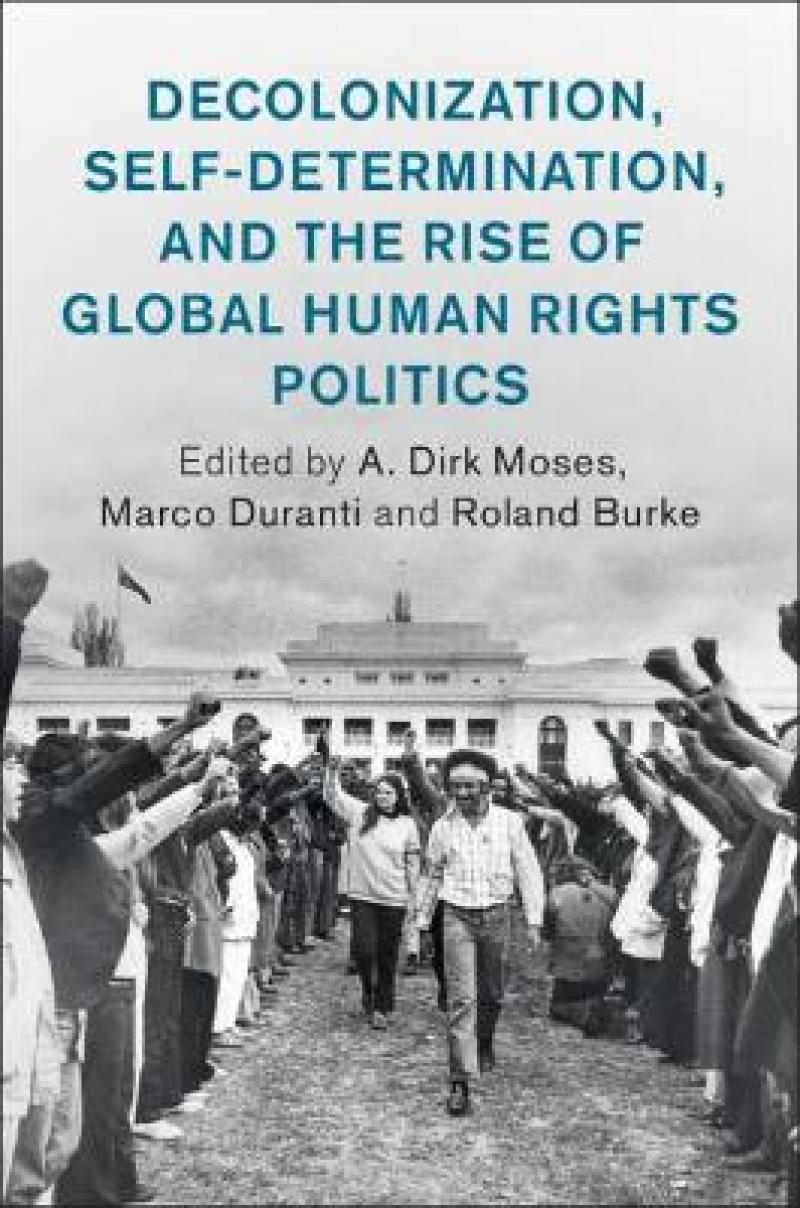'Tracing the global debate over human rights from a world dominated by empires to that made up of nation states, this strikingly original collection of essays reveals a rich and unexpectedly innovative history.' Faisal Devji, University of Oxford
'This compelling collection of original essays highlights the transmutation of human rights languages and emancipatory policies as practiced by anti-colonial activists, defenders of new nations, and promoters of colonial and neoliberal policies through the second half of the twentieth century. The book's geographic and thematic focus overcomes a persistent Western bias in the literature and is a must read for our conflicted geopolitical age.' Jean H. Quataert, Distinguished Professor of History, Binghamton University
'This field-defining collection represents a breakthrough in the historiography of human rights, focused firmly on the human rights visions and experiences of the decolonizing world. The authors demonstrate that the emergence of global human rights after 1945 was inextricably entwined with the efforts of anticolonial movements and thinkers to imagine new states and citizens, as well as the determination of the colonial powers to contain them.' Brad Simpson, University of Connecticut
'… scholars interested in indigenous rights, genocide, crimes against humanity, and other topics related to postcolonial history will find relevant chapters assembled and woven seamlessly together. The theoretical underpinnings of the work will benefit graduate students and scholars of Cold War history, decolonization, and human rights because the volume challenges the standard narrative of the development of human rights in the 20th century.' H. L. Katz, Choice
